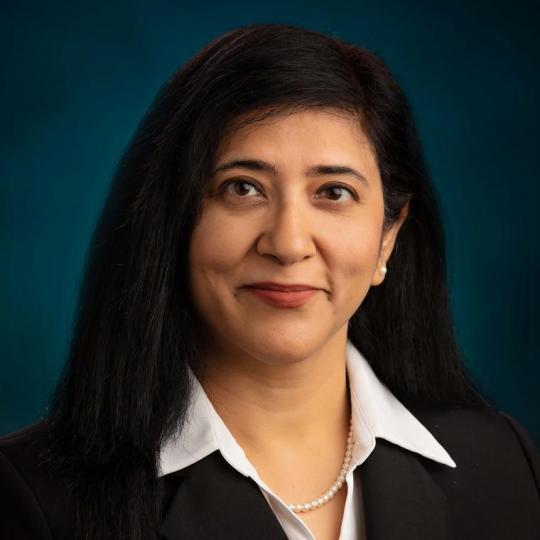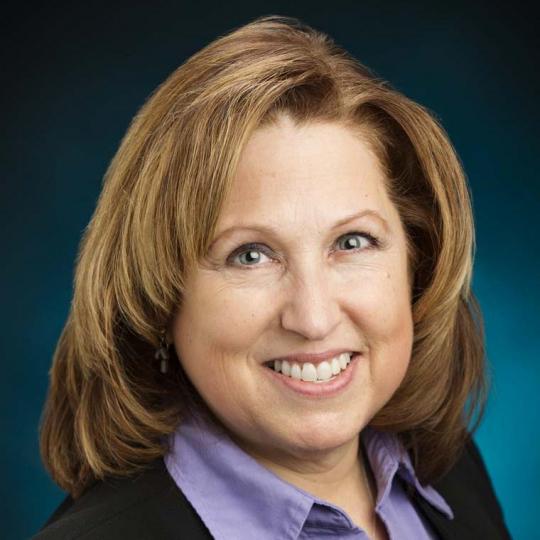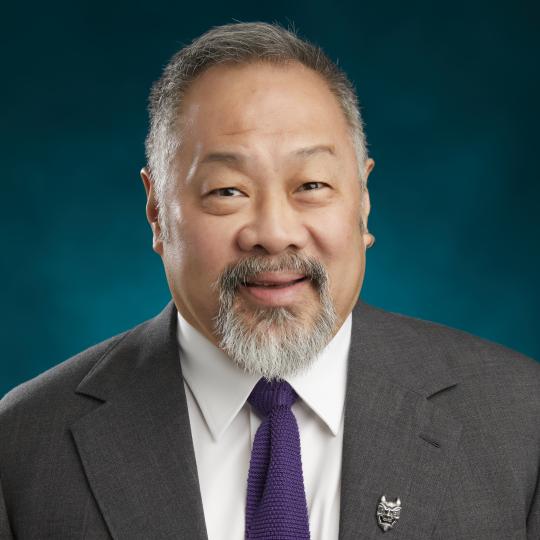
Gender Equity and Transgender Clinic
Overview
Our clinic offers holistic care, including preventive health care, management of chronic health conditions and emotional support to patients in the LGBTQIA+ community. We also provide gender-affirming medical care for transgender and gender-diverse individuals.
Our providers
Scheduling
To schedule an appointment with the Gender Equity Clinic at the SIU Center for Family Medicine, please call the scheduling team at 217-545-4692.
Medical records can be faxed to 217-545-0398.
Services offered
Affirming Care
The clinic provides trauma-informed, gender-affirming health care services to transgender and gender-diverse individuals. The team values each individual person and their unique needs and characteristics. Services can simply be affirming primary care or can include some of the additional services listed below:
Gender Affirming Hormone Therapy
Puberty blockers
Puberty blockers are medications that reversibly block pubertal development. They are also known as Gonadotropin-releasing hormone agonists, or GnRH agonists.
- Puberty blockers can pause puberty to give a child time to decide what treatments are right for them in addressing their gender presentation moving forward.
- Puberty blockers are not permanent. When they are stopped, puberty continues normally.
Feminizing hormone therapy
- Feminizing hormone therapy is used for gender affirmation/transition and helps patients to form more feminine presenting characteristics and lessen more masculine presenting characteristics.
- Medications such as estradiol and androgen blockers are used.
- This can lead to permanent changes in the body that would reverse upon stopping the treatment.
Masculinizing hormone therapy
- Masculinizing hormone therapy is the use of a hormone (testosterone) to reduce “female” features and increase “masculine” features.
- This can lead to changes in the body that would reverse upon stopping the treatment.
Surgery Referrals - SIU Center for Family Medicine collaborates with various surgeons and providers from SIU Medicine to provide support and services for patients in the Gender Equity Clinic.
Surgical Affirming Therapy
Top surgery
- Top surgery is a procedure that either removes the breasts to create a more masculine body appearance, or augments the breasts to create a more feminine body appearance. If your goal is making your body look more masculine, top surgery may also be called chest masculinization. If your goal is making your body look more feminine, top surgery may also be called chest feminization.
Bottom surgery
- Bottom surgery includes plastic surgical procedures that change the look of the genitalia.
- If you want to learn more about any of these procedures, your doctor would be happy to discuss them with you.
Hysterectomy
- Hysterectomy is a surgery where the uterus is removed. This means you can no longer get pregnant or have a period.
- Oophorectomy is a surgery where the ovaries are removed.
For scheduling reach out to SIU Obstetrics and Gynecology or other local providers.
Orchiectomy
- Orchiectomy is a surgery where one or both testicles are removed. This will help create a more female genital appearance and will also drastically reduce the amount of testosterone the body makes.
Physiological and emotional counseling
- SIU Center for Family Medicine offers various psychiatric and social-emotional support
Pre-exposure Prophylaxis (PrEP) medication management for the prevention of HIV
Primary care services:
- Co-management with referring physician
- Preventive health services
- Cancer screening (Cervical, Colon, Breast, Prostate, Lung)
- Routine physicals
- Immunizations
- Care of chronic medical issues as needed
Family planning
- Contraception management
- Pregnancy testing and counseling
- Referral for gamete preservation
- Referral to affirming OB-GYN
Sexually transmitted infection (STI) prevention and testing
Referral to vocal coaching/services
- Jessica Sullivan, CCC-SLP, BCS-S (she/her) at Decatur Memorial.
- In-person and telehealth available
- Appointments can be made at 217-876-2600
Additional information
Scheduling information
- Phone 217-545-4692
- Fax 217-545-0398
WPATH information link
Community resources
National resources
- The Trevor Project provides crisis support to LGBTQIA+ people via phone, chat and texting.
- GLADD
Parent resources
- PFLAG
- Phoenix Center Parent Support Group
Grant information
- Name Change Microgrant
- Gender-Affirming Hair Removal Microgrant
- Free Needles
- Free Chest Binders
- Free Femme Shapewear
Name change information
- Illinois name change form
- Fee waiver information
Why SIU
Continually learning
With a focus on continual improvement, our doctors take the time to research, study and innovate to provide the latest treatments for our patients.
Patient-first experience
Our care ranges from primary care physicians to specialists and sub-specialists who have advanced training. We're here for you when you need us.
Breakthrough tech
Continually teaching the next generation of doctors, our physicians use the latest developments in procedures and technologies for our patients.
Latest articles













